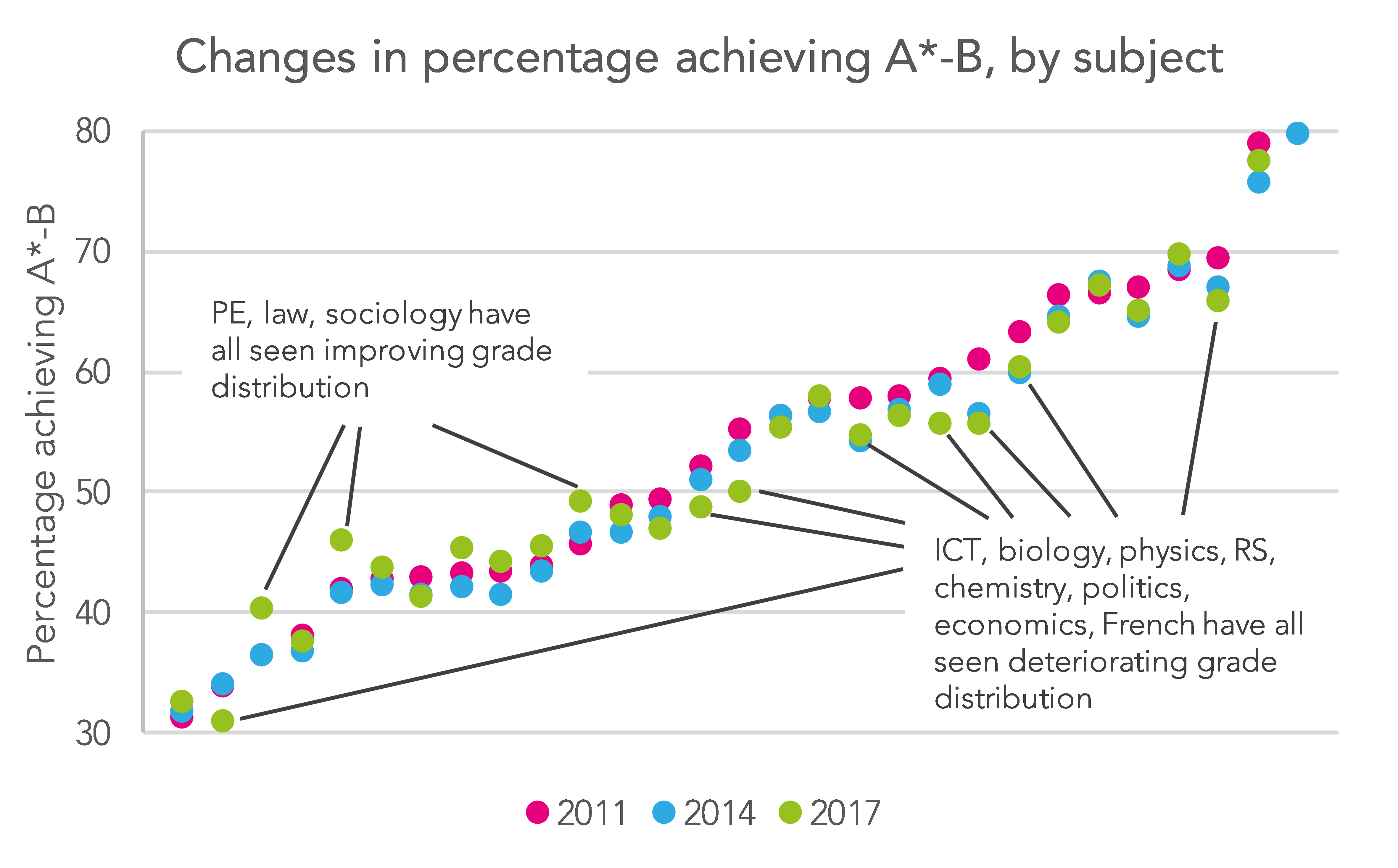Subject-specific results show how well a student did in each subject. This level of analysis enables a more precise evaluation of strengths, weaknesses, and opportunities for development.
Why Results Baked Into Your Specific Subject Matter Matters
Customized Learning: Teachers can personalize it according to the requirements as it identifies the specific subject where a student may be having trouble or scoring well.
Goal Setting: It encourages students to set clear goals for each subject which helps them study better more focused, and practice efficiently.
Career Guidance Subject-specific results can guide students in understanding their academic and career paths.
Insights for Parents: Parents can track the performance of their child and support them with subject-specific help.
Subject-Level Analysis of Results
Here are some points to ponder when interpreting subject-specific results:
Answer Points: how many correct answers you have weighted
Percentile Marks: Used to show the percentage of correct answers.
Grade Equivalents — Letter grade equivalent of the score.
Percentile Ranks: The percentage of students who scored less than a given score.
Standard scores — Standardized scores that help to make comparisons among different tests
Ways to Improve the Outcomes in Each Subject
Find the Weak Points: Find out exactly what subjects or topic are student having difficulties.
Get Help: Find a tutor, join or create a study group, or look for online resources.
Develop Good Study Habits: Use time wisely, engage in active learning skills ready to practice regularly.
Growth Mindset: Have the right mindset towards learning and believe you can always get better.
Get Feedback: Request teachers feedback on what specific things they can work on.
Set realistic goals: Start with a few attainable objectives and assess the progress consistently.
Practice a lot: Consistent practice is the only way to learn any subject.



